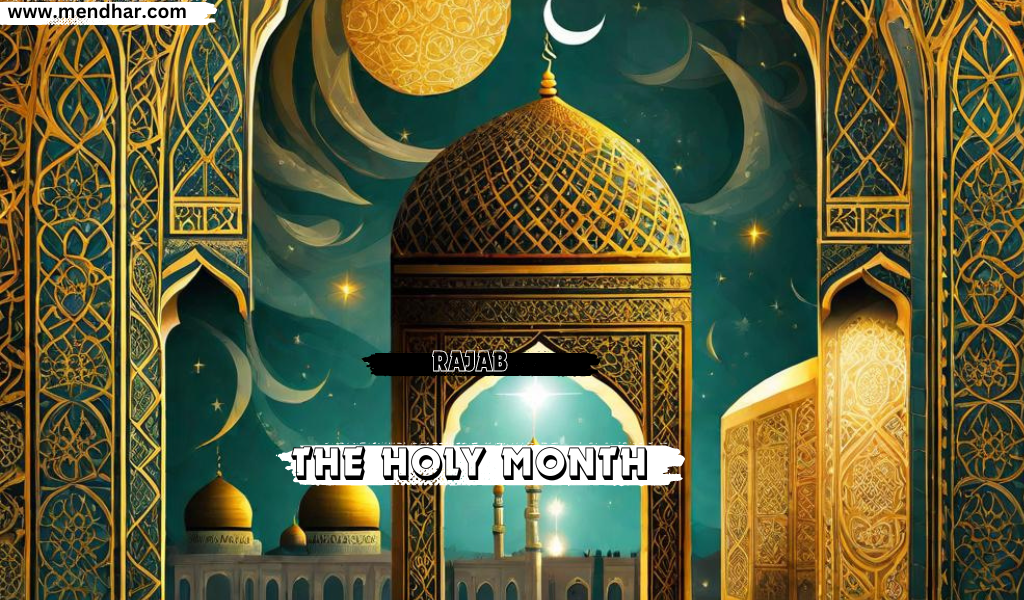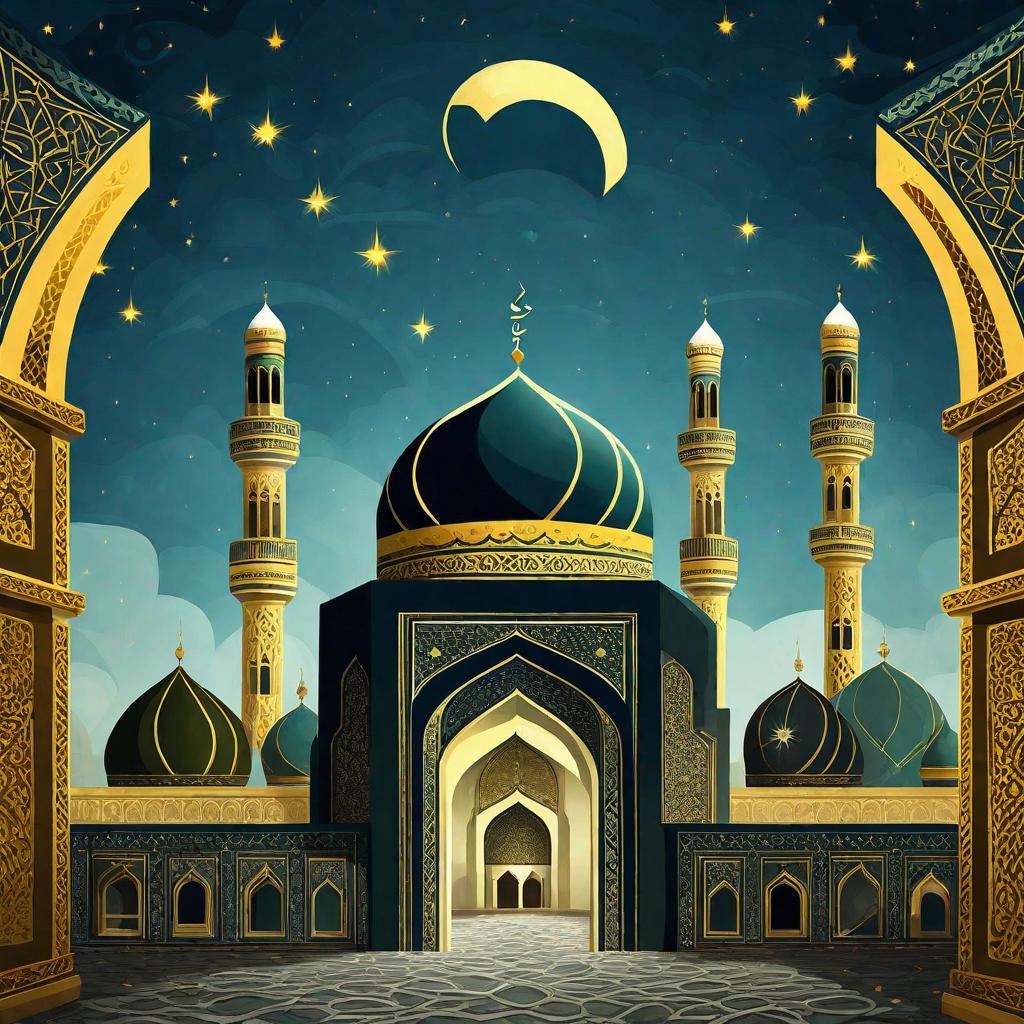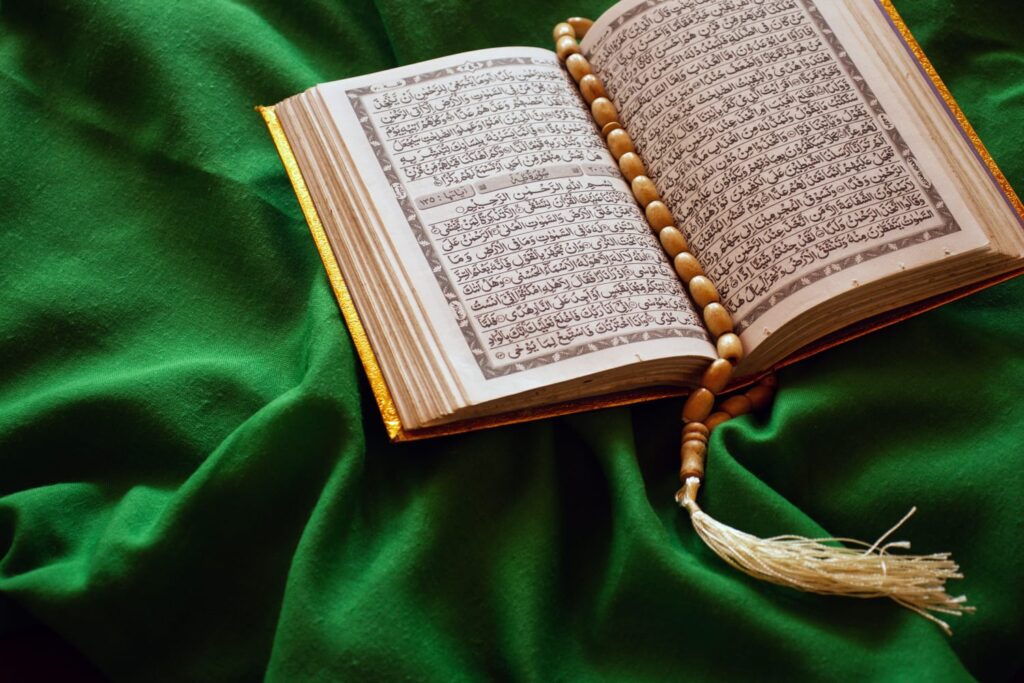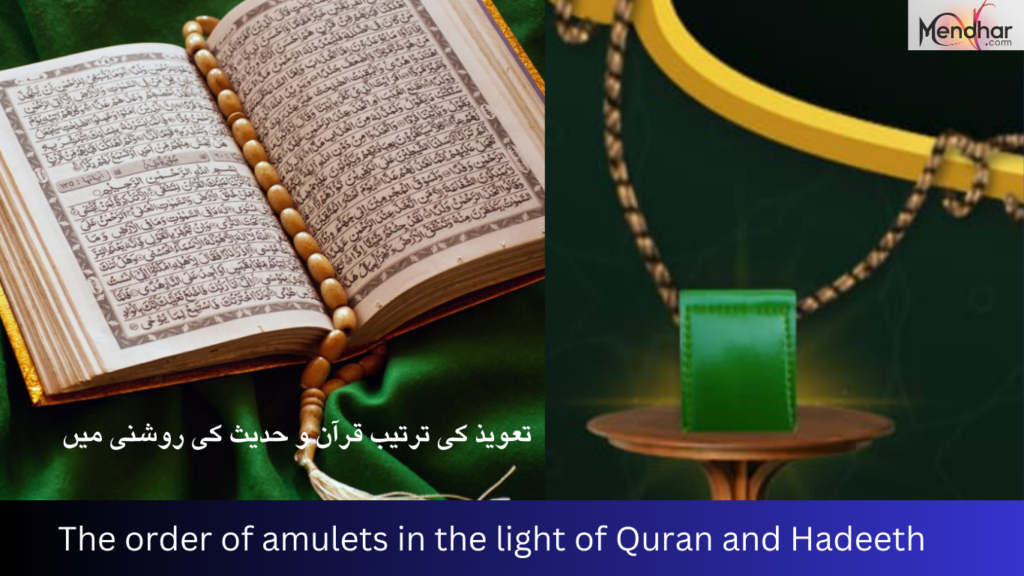Urs of Pious Predecessors in the Month of Rajab ul Murajjab

In the Islamic lunar calendar, Rajab holds significance as the seventh month. Over the years, the Faizan-e-Madinah Magazine has honored the memory of ninety-three esteemed saints and scholars of Islam who departed during this sacred month, spanning from 1438 to 1444 AH.
Adding to this legacy, we remember an additional eleven luminaries:
Nayyir al-Dīn Hājī Sharīf Zandanī: Born in Zandana, Uzbekistan, in 492 AH, he departed on the 10th of Rajab 612 AH and found his resting place in Kannauj, India. Revered for his profound knowledge and compassion for the needy.
Muḥibullāh Ilāhabādī: A scholar and author deeply influenced by Muḥiyy al-Dīn Ibn al-ꜤArabī, he passed away on the 9th of Rajab 1057 AH in Bahadurganj, India. He was a disciple of Shaykh Abū Saʿīd Gangōhī and a respected figure in the Chishtī Ṣābirī tradition.
Muhammad ʿUmar Khān Chamkanī: Hailing from Faridabad, Lahore, he was a renowned saint, scholar, and author. He left this world in Rajab 1190 AH and lies in rest in Chamkani, Peshawar, a prominent figure in the Naqshbandī Mujaddadī Sufi order.
Fayḍ Muhammad Shah Jamālī: Born in Shah Jamal, Punjab, in 1290 AH, he passed away on the 8th of Rajab 1364 AH, leaving behind a legacy of scholarship and spiritual guidance. He rests in Dera Ghazi Khan, known for his profound teachings and saintly acts.
Sayyid Makhdūm Shah Gardēzī: Born in Sohawa in 1273 AH, he was a respected scholar and spiritual figure in the Chishtī Niẓāmī tradition. He dedicated his life to teaching and spiritual guidance, leaving a lasting impact until his passing on the 19th of Rajab 1349 AH. His final resting place is in Sohawa, Azad Kashmir.
These individuals, through their knowledge, piety, and service, continue to inspire and guide generations, leaving an indelible mark on the spiritual landscape of Islam.

6. Ibn Ḥajar Aḥmad b. Muhammad Haytamī رَحْمَةُ الـلّٰـهِ عَلَيْه He was lauded as Shaykh al-Islam, Shihāb al-Dīn, and the Muftī of Ḥijāz. He was born in 909 AH in Egypt’s Abi al-Haytam region, and passed away in Makkah in 974. Shāfiʿī in jurisprudence, he was the leading hadith expert of his time and a prolific author. He spent around 33 years teaching, issuing edicts, researching, and writing. Some of his works include Al-Ṣawāʿiq al-Muḥriqah, Al-Fatāwā al-Ḥadīthiyya, Tuḥfat al-Muḥtāj bi Sharḥ al-Minhāj, and Tuḥfat al-Akhbār fī Mawlid al-Mukhtār
7. Khalīl al-Dīn Ḥasan Raḥmānī رَحْمَةُ الـلّٰـهِ عَلَيْه A scholar of Islam, he was born in 1276 AH in Pilibhit and passed away there on the 7th of Rajab 1348 AH. A graduate of Pilibhit’s hadith madrassa, he also spent time studying under the hadith expert Waṣī Aḥmad Sūratī. His proficiency in poetry and verse was appreciated by the likes of Amīr Mīnāˈī and Dagh Dehlawī. Eight collections of his poetry in praise of the Prophet have been published to date
8. Ghulām Dastgīr Nāmī رَحْمَةُ الـلّٰـهِ عَلَيْه He was a historian, born in Sheikhupura on the 23rd of Jumādā al-Ākhirah 1300 AH. His birth took place in his grandfather’s home. He also went on to become an expert linguist in Persian, Urdu, and Arabic. As mentioned initially, history was his central field of expertise, as well as genealogy and poetry. He worked in education for many years before retirement, penning over a hundred works in that time. Buzurgān-e-Lahore, Tarīkh Jalīla, and Islamī Qānun-e-Warāthat are examples. He passed away on the 7th of Rajab 1381 AH in Lahore and was buried in Sheikhupura.
9. Maẓhar al-Dīn Maẓhar رَحْمَةُ الـلّٰـهِ عَلَيْه Born in 1332 AH to an academic family in India’s Amritsar district, he passed away on the 19th of Rajab 1401. He was buried in Chattar Park, near Rawalpindi. He studied Islamic sciences under a student of Imam Aḥmad Razā Khān, memorised the Quran, graduated from the Ḥizb al-Aḥnāf educational institute, and was a shaykh in the Chishtī tradition. He is particularly remembered as an eloquent poet and writer. His books include Nishān-i-Rāh, Khātam al-Mursalīn, and Kulliyāt-i-Maẓhar.
10. Mehr Muhammad Khān Hamdam رَحْمَةُ الـلّٰـهِ عَلَيْه Born in 1334 AH in India’s East Punjab, he was a memoriser and qari of the Quran, master of the rational and transmitted sciences, a disciple and spiritual representative of the scholar Abū al-Barakāt, a graduate of Lahore’s Ḥizb al-Aḥnāf institute, an expert orator, shaykh, poet, and author. He founded the Hamdam khanqah of Changa Manga, whilst his spiritual successorship also branches back into the Tawakkuliyya and Murtaḍāˈiyya traditions. He passed away on the 14th of Rajab 1403 AH and was buried in Kasur.[10] 11. Fayḍ Aḥmad Tawgīrwī رَحْمَةُ الـلّٰـهِ عَلَيْه An erudite scholar from the shaykhs of the Tawgīrī khanqah, he graduated in Islamic sciences from Multan’s dār al-ʿulūm. He was a teacher in Madrassa Islamiyya ʿArabiyya Kamāl al-ʿUlūm, found in Tawgira. His life was spent teaching and spreading Islam until he passed away on the 1st of Rajab 1404 AH.
12. Muhammad Ḥusayn Āsī رَحْمَةُ الـلّٰـهِ عَلَيْه He was a professor of Islamic academia and a poet. He strived to benefit his fellow brothers and practically implemented his knowledge. He had great love for the Prophet صَلَّى الـلّٰـهُ عَلَيْهِ وَاٰلِهٖ وَسَلَّم and wrote poetry extolling him. Inspired by his shaykh, he founded the Naqsh Lāsānī Islamic University in Shakargarh. He penned over 30 books and epistles. He was born to a religious family in 1357 AH, in Gurdaspur, and passed away on the 12th of Rajab 1427. He was buried in Shakargarh.[12]
In conclusion:
the month of Rajab stands as a sacred time in the Islamic calendar, rich with spiritual significance and blessings. Through our exploration of this holy month, we’ve uncovered its importance and reflected on the virtues of those who have departed during this time. As we continue our journey through the Islamic year, may the lessons learned during Rajab guide us towards greater piety, mindfulness, and devotion in our lives. Let us embrace the opportunities for spiritual growth and reflection that this blessed month offers, carrying its wisdom and blessings with us throughout the year.



